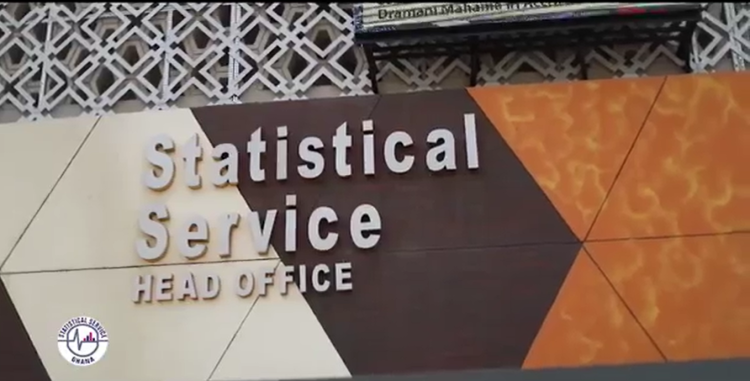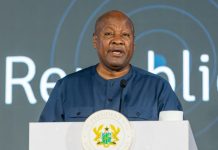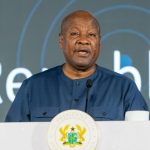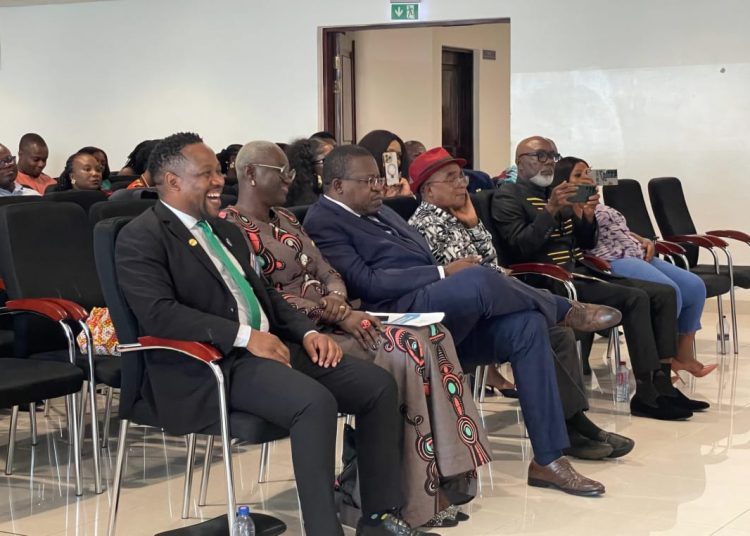The Ghana Statistical Service (GSS) has underscored the critical need for increased investment in youth skills development and employment initiatives.

At a recent event co-hosted with the University of Ghana’s Regional Institute for Population Studies (RIPS), GSS emphasized the importance of harnessing the demographic dividend, as projections indicate that one-third of the population will be aged 15 to 35 over the next 30 years.
GSS also projected that by 2050, one in every 10 Ghanaians will be 60 years or older, highlighting the need for greater emphasis on retirement savings, pensions, and social security planning.
The event showcased findings from two recent publications: the 2021 Population and Housing Census Thematic Report on Population Projections (2021-2050), which provides detailed population forecasts by sex, age, and locality type for informed policy-making, and the 2024 revision of the World Population Prospects, a key report by the UN Population Division offering essential population data for planning.
According to GSS, 15 of the 16 regions in Ghana are expected to have populations exceeding one million by 2050, with six regions projected to remain predominantly rural.
This underscores the need for renewed attention to urban planning, rural development, and the monitoring of internal migration and local development.
“At least a third of the population will be aged 15 to 35 years over the next three decades, emphasizing the importance of investments in youth skills and employment and intensifying efforts to harness the demographic dividend.
By 2050, one in every 10 persons in Ghana will be aged 60 years or older, indicating the need for an increased focus on savings for retirement, pensions, and social security,” GSS noted.
The projections also reveal that the youth population will grow in 247 out of 261 districts, with only 14 districts expected to see a decline by 2050.
Additionally, the school-going-age and working-age populations are expected to increase across all districts, according to GSS.





















































![[FREE FREE MONEY] Predict and Win a Guaranteed GH¢200 From Us EVERY WEEK](https://wordpress.ghanatalksradio.com/wp-content/uploads/2022/02/Predict-and-Win-Final-09-03-2021-218x150.jpg)
![[Predict & Win – 8th/Oct.] WIN A Guaranteed ¢200 From Us This Week](https://wordpress.ghanatalksradio.com/wp-content/uploads/2021/10/maxresdefault-16-218x150.jpg)
![[Predict & Win – 2nd] WIN A Guaranteed ¢200 From Us This Week](https://wordpress.ghanatalksradio.com/wp-content/uploads/2021/09/maxresdefault-50-218x150.jpg)
![[Predict & Win – 25th] WIN A Guaranteed ¢200 From Us This Week](https://wordpress.ghanatalksradio.com/wp-content/uploads/2021/09/maxresdefault-36-218x150.jpg)
![[Predict & Win – 18th] WIN A Guaranteed ¢200 From Us This Week](https://wordpress.ghanatalksradio.com/wp-content/uploads/2021/09/maxresdefault-23-218x150.jpg)








![[National cathedral] See full list of churches that have contributed since 2018](https://wordpress.ghanatalksradio.com/wp-content/uploads/2020/09/Ghana-National-Cathedral-GhanaTalksRadio-100x70.jpg)



